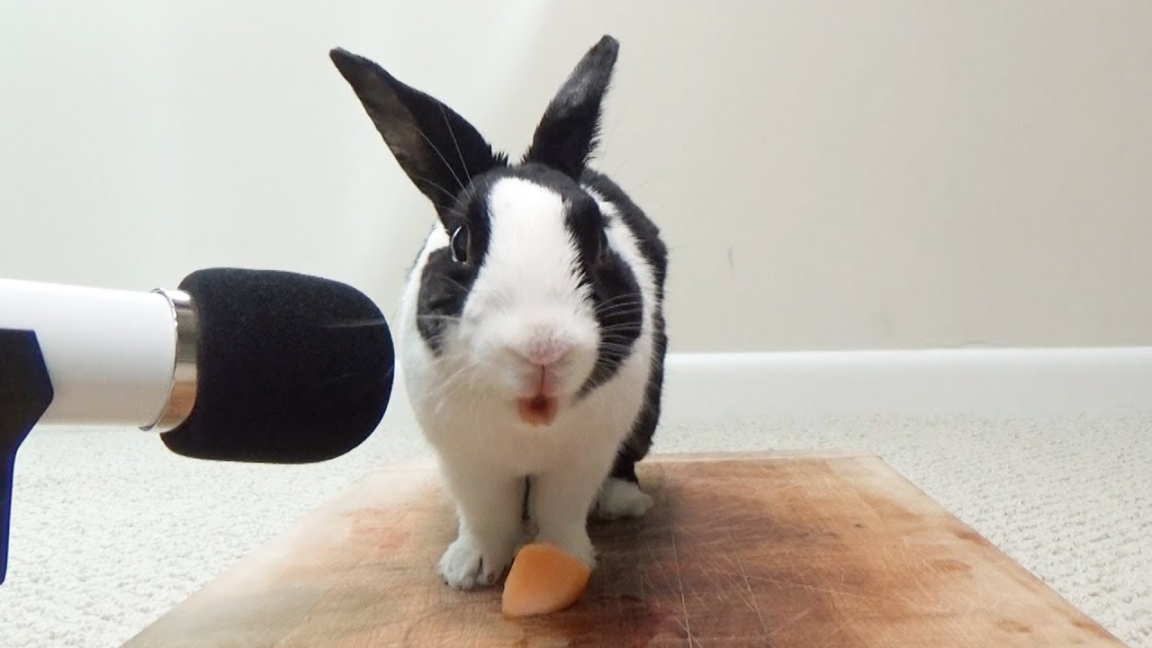Can Rabbits Have Cantaloupe?
As a rabbit owner, it’s natural to wonder about what fruits are safe to feed your furry friend. Cantaloupe is a sweet and refreshing fruit that many humans enjoy, but can rabbits have cantaloupe too? Let’s dive into this question and explore whether cantaloupe can be a healthy addition to your rabbit’s diet.

Is Cantaloupe Safe for Rabbits to Eat?
The good news is that cantaloupe is generally safe for rabbits to eat. It is a low-calorie fruit that is packed with important vitamins and minerals. However, as with any new food, it’s important to introduce cantaloupe gradually and in moderation to avoid any digestive upset.
Benefits of Feeding Cantaloupe to Rabbits
Feeding cantaloupe to your rabbit can offer a range of benefits, including:
- Hydration: Cantaloupe is about 90% water, which can help keep your rabbit hydrated, especially during hot summer months.
- Vitamin C: Cantaloupe is rich in vitamin C, which is essential for your rabbit’s overall health and immune system.
- Antioxidants: The antioxidants found in cantaloupe can support your rabbit’s overall well-being and may even help prevent certain diseases.
- Fiber: Cantaloupe contains fiber, which is crucial for maintaining a healthy digestive system in rabbits.
How to Feed Cantaloupe to Your Rabbit
Follow these guidelines to safely introduce cantaloupe into your rabbit’s diet:
- Start small: Begin by offering your rabbit a small piece of cantaloupe, about the size of your thumbnail, to see how they react to it.
- Monitor for any adverse reactions: Watch your rabbit closely for any signs of stomach upset, such as diarrhea or a decreased appetite. If these symptoms occur, stop feeding cantaloupe and consult your veterinarian.
- Gradually increase serving size: If your rabbit tolerates cantaloupe well, you can gradually increase the serving size to about a tablespoon per day, depending on their size.
- Avoid seeds and rind: Remove all seeds and the hard rind of the cantaloupe before feeding it to your rabbit, as they can be a choking hazard and difficult to digest.
- Wash thoroughly: Before offering any cantaloupe to your rabbit, make sure to wash it thoroughly to remove any potential pesticides or dirt.
Precautions When Feeding Cantaloupe to Rabbits
While cantaloupe is safe for rabbits, there are a few precautions to keep in mind:
- High sugar content: Cantaloupe is relatively high in sugar compared to other fruits, so it should only be given as an occasional treat and not as a regular part of your rabbit’s diet.
- Observe portion control: Too much cantaloupe at once can lead to digestive issues in rabbits, so it’s important to offer it in moderation.
Expert Tip: Always consult with your veterinarian before making any significant changes to your rabbit’s diet, including introducing new fruits like cantaloupe.
Frequently Asked Questions (FAQs)
1. Can rabbits eat cantaloupe seeds?
No, rabbits should not eat cantaloupe seeds. The seeds can be a choking hazard and are difficult for rabbits to digest. Make sure to remove all seeds before feeding cantaloupe to your furry friend.
2. Is it safe to give my rabbit cantaloupe every day?
No, it is not recommended to give your rabbit cantaloupe every day. Cantaloupe should be offered as an occasional treat due to its high sugar content. Too much sugar can lead to obesity and other health issues in rabbits.
3. Can rabbits eat the cantaloupe rind?
No, rabbits should not eat the cantaloupe rind. The rind is tough and difficult to digest, and it can pose a choking hazard. Always remove the rind before feeding cantaloupe to your rabbit.
4. Are there any alternatives to cantaloupe for rabbits?
Yes, there are several other fruits that you can offer your rabbit as a healthy alternative to cantaloupe. Some safe options include apple slices, strawberries, blueberries, and watermelon (without seeds).
In conclusion, cantaloupe can be a tasty and nutritious treat for rabbits when fed in moderation. It offers hydration, important vitamins, antioxidants, and fiber. However, it’s crucial to introduce cantaloupe slowly, remove seeds and rind, and be mindful of portion control due to its high sugar content. Always consult with your veterinarian for personalized advice regarding your rabbit’s diet.
Related Articles…
Copyright Notice:
Images displayed on this website are not our property, but are procured from the internet. If you hold copyrights to any image and wish for its removal, please get in touch with us.